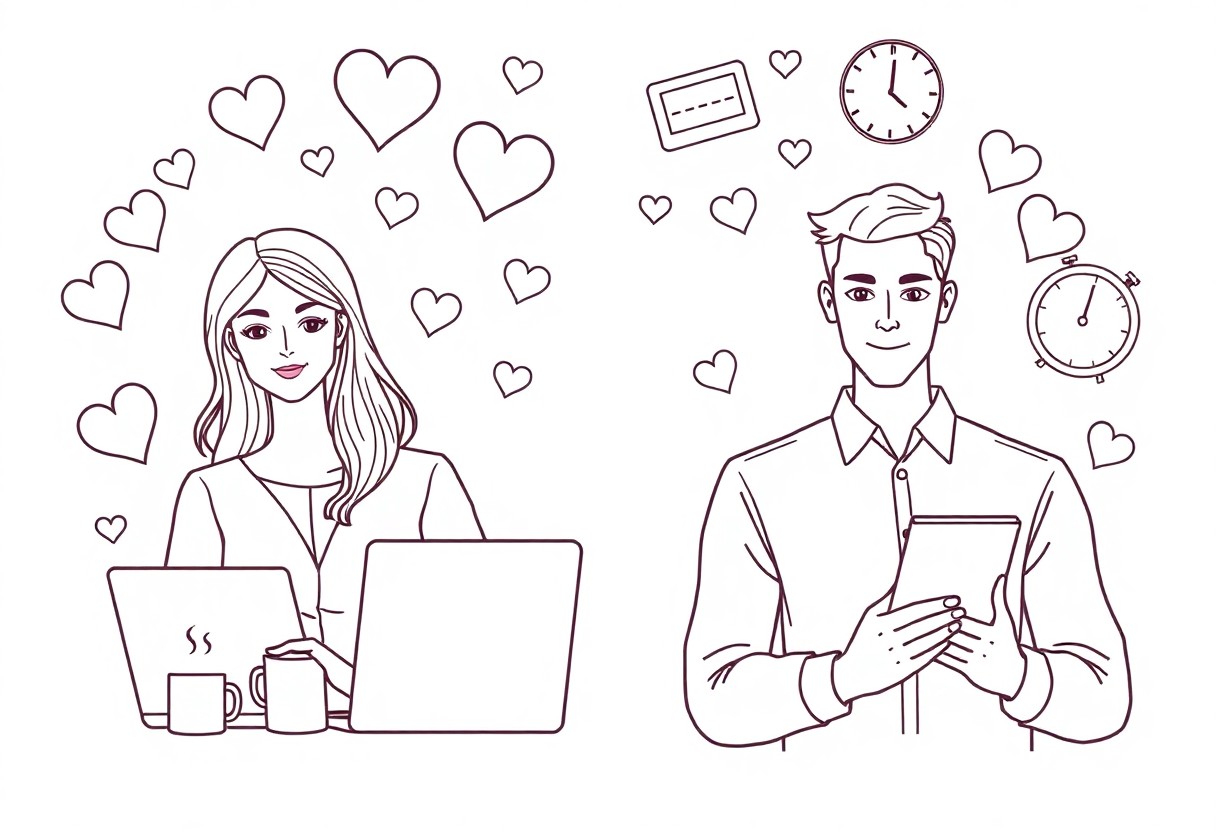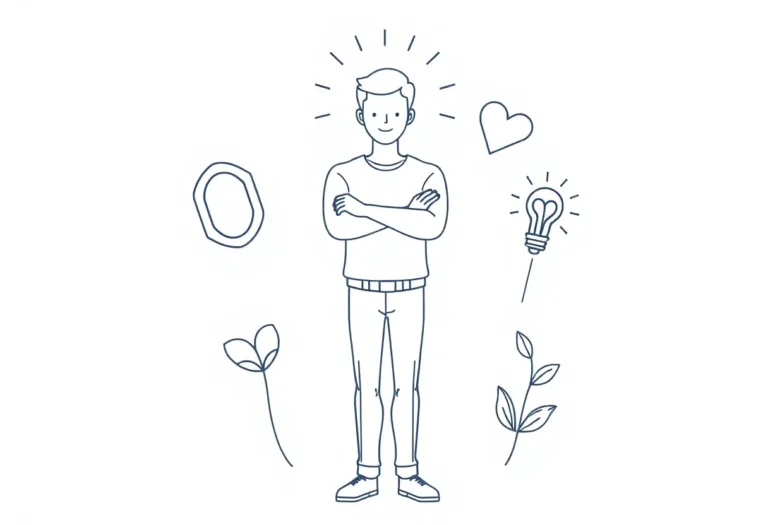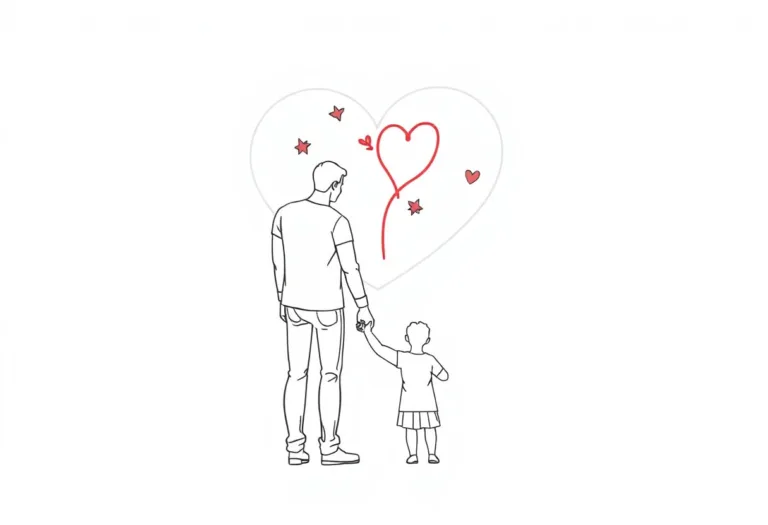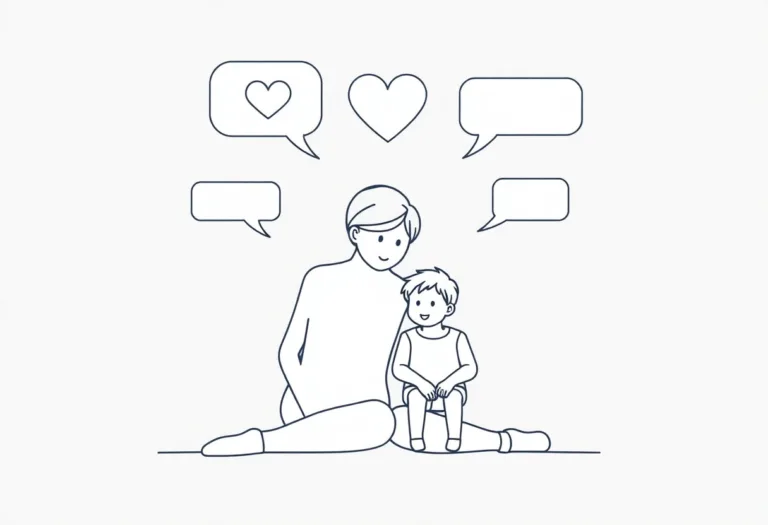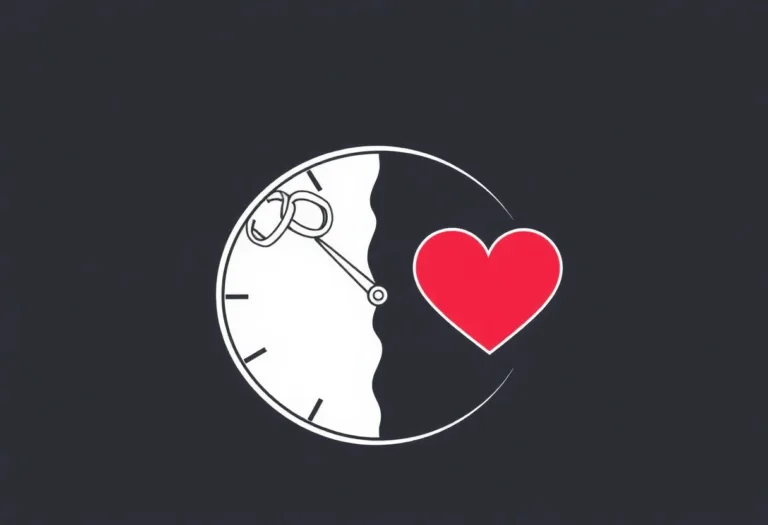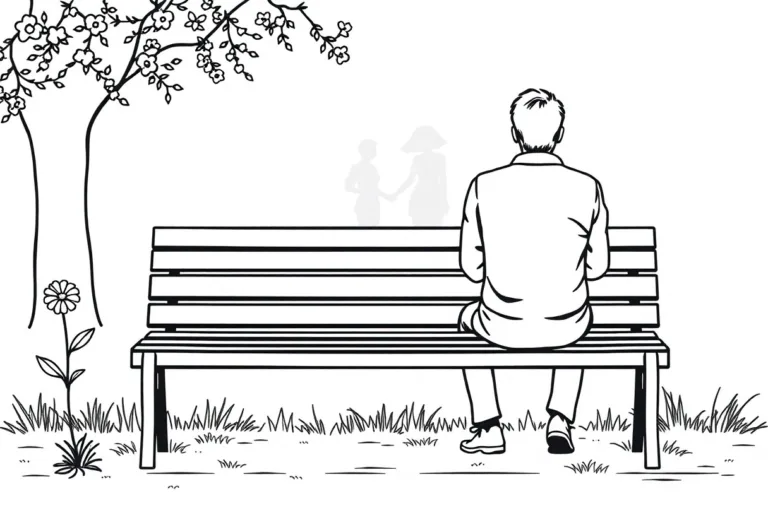Online Dating After Divorce – Dos and Don’ts for Success
Success in online dating after divorce hinges on understanding the dos and don’ts that can enhance your experience. As you venture into this new arena, be aware of your emotional readiness and maintain realistic expectations. Prioritise honesty in your profile and conversations, while also protecting your personal information. Navigating the complexities of online connections can be rewarding, but knowing how to approach it wisely will significantly increase your chances of finding compatible matches. Equip yourself with these guidelines to ensure a more fulfilling journey in the dating world.
Key Takeaways:
- Be honest about your past relationship in your online profile to establish trust with potential matches.
- Take your time getting to know someone before meeting in person, ensuring you feel comfortable and safe.
- Set clear boundaries to avoid complications and miscommunications in your online interactions.
- Prioritise self-reflection and personal growth to ensure you are ready for a new relationship.
- Stay open-minded and patient, as finding the right match may take time and effort.
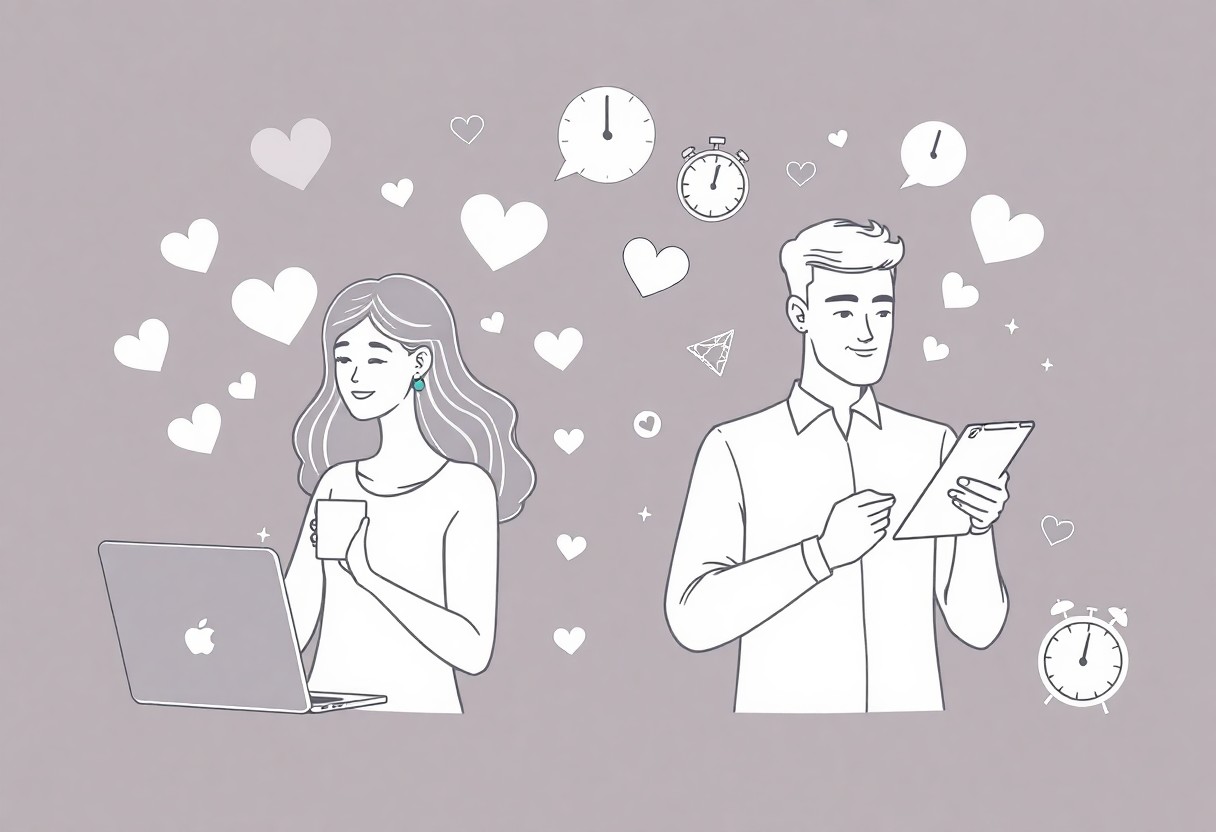
Navigating the Emotional Landscape
Dating after divorce involves navigating a complex emotional landscape. It’s common to feel a mix of excitement and anxiety as you re-enter the dating scene. Understanding your emotions will help you approach potential relationships with a clearer mindset, enabling you to develop connections that are both healthy and fulfilling. Acknowledging both your hopes and fears allows you to be more authentic in your interactions, paving the way for genuine compatibility and understanding.
Recognising Your Readiness to Date Again
Assessing your emotional readiness is key before you dive back into dating. Ask yourself if you’ve processed the end of your marriage and whether you feel secure enough to build new connections. Look for signs such as feeling content in your own company and having a desire to share your life with someone new. A positive mindset can significantly influence your dating experience.
Managing Past Trauma and Building Resilience
Addressing past trauma is imperative to fostering resilience as you commence on new relationships. Engaging in therapy or support groups can provide a safe space to uncover and heal from emotional wounds. Techniques such as journaling or mindfulness can also aid you in processing your experiences, allowing you to emerge stronger. This self-awareness creates a foundation for healthy interactions, reducing the risk of repeating patterns that led to your previous relationship’s demise.
Encountering past trauma can be daunting, but actively facing it is fundamental to your healing journey. Reflect on specific events and how they’ve shaped your views on relationships; this reflection can provide insights that can optimise your future connections. Building resilience isn’t about forgetting your past—it’s about understanding and transforming it. Set small, achievable goals in your dating life, and celebrate the progress you make, whether it’s a constructive conversation or merely stepping out of your comfort zone. Nurturing yourself through this process empowers you to approach dating not with fear, but with optimism and strength.
Crafting Your Online Dating Profile with Purpose
Your online dating profile serves as both your introduction and a reflection of your personality. A well-thought-out profile can make a significant difference in attracting the right matches. Focus on presenting an authentic version of yourself while showcasing your interests and what you seek in a partner. Striking the right balance will help you stand out from the crowd while attracting those who resonate with your true self.
Highlighting Authenticity without Oversharing
Being genuine in your profile is vital for establishing connections. Share anecdotes that reflect your character, values, and interests, but avoid delving into intimate details about your past marriage or emotional baggage. Instead, focus on the lessons you’ve learned and how they shape your aspirations for future relationships, ensuring that your narrative is both engaging and respectful of your journey.
Selecting Eye-Catching Photos that Reflect You
The photos in your profile serve as visual extensions of your personality and interests. Choose images that showcase your hobbies, adventures, or even candid moments of joy. Aim for a mix of solo shots, as well as images that reflect your social life, which can help potential matches feel a stronger connection to your lifestyle. Ensure the photos are clear and recent, as this builds trust and authenticity.
It’s beneficial to use a variety of images that highlight different aspects of your life. For example, a photo of you engaging in an activity you love, such as hiking or cooking, not only reflects your interests but also invites conversation starters. Additionally, ensure your primary profile picture is a clear shot of your face, allowing others to connect with your visual identity easily. Aim to convey warmth and approachability in every image, as this attracts like-minded individuals who appreciate you for who you truly are.
Understanding the Online Dating Ecosystem
As you navigate the world of online dating post-divorce, understanding the diverse ecosystem of platforms is crucial. Each site and app caters to different demographics, preferences, and relationship goals. Motives can range from casual encounters to serious commitments, making it crucial to identify where you fit in. The sheer variety available means taking the time to research and select the most suitable environments for your personal journey. Familiarising yourself with the features and cultures of each platform can significantly enhance your experience and improve your chances of success.
Choosing the Right Platforms for Your Goals
Identifying the proper platform can streamline your dating efforts. Each online dating service has unique features that align with specific relationship outcomes, whether you’re seeking companionship or a long-term partnership. Conducting an assessment of your goals, interests, and desired relationship type will guide you in selecting the right space. Popular sites like Tinder might appeal to those interested in casual dating, whereas platforms like eHarmony or Match.com cater to individuals looking for serious connections.
The Importance of Virtual Communication Skills
Success in online dating heavily relies on your ability to communicate effectively in a virtual context. Crafting engaging messages, addressing compatibility questions, and expressing yourself clearly can profoundly impact potential connections. Misinterpretation frequently occurs in text-based conversations, making it necessary to practice active listening and clarify your intentions. Additionally, using humour and a friendly tone can create a more inviting atmosphere, leading to deeper conversations and meaningful connections.
Mastering virtual communication skills fosters genuine connections. The written exchange serves as the foundation for your emerging relationship; therefore, honing your skills in crafting thoughtful responses and asking open-ended questions will enrich your interactions. Studies indicate that individuals who personalise their messages and tailor them to the recipient tend to receive more favourable replies. Emphasise authenticity and express curiosity about your matches’ interests, helping build rapport that progresses beyond the digital interface.
Mastering the Art of Connection
Establishing meaningful connections in online dating requires finesse and genuine engagement. Building rapport can lead to deeper relationships and greater understanding, especially after the challenges of divorce. Focus on being authentic and open, as trust forms the foundation of any relationship. Be attentive to your potential partner’s cues and adjust your approach accordingly, paving the way for enriching conversations that draw both parties closer together.
Engaging Conversation Starters that Spark Interest
Initiating a conversation can set the tone for your online dating experience. Crafting thoughtful and enticing conversation starters is key to capturing interest. Instead of generic questions like, “How was your day?”, ask open-ended questions related to their passions or recent experiences. This could be anything from, “What’s the most adventurous thing you’ve done lately?” to “Which book has influenced your life the most?” These types of questions encourage deeper dialogue and allow your personality to shine through.
Recognising Red Flags Early in the Process
Identifying red flags early in the online dating journey is vital to protect yourself from potential issues later on. Look for concerning behaviours such as inconsistency in communication, evasiveness about personal information, or excessive negativity. Trust your instincts; if something feels off, don’t hesitate to reassess the connection. Patterns of excessive self-promotion, controlling tendencies, or a lack of respect for boundaries can indicate deeper issues that merit careful consideration before further investment.
Delving deeper into recognising red flags, pay attention to signs of manipulation or emotional unavailability. If your conversations feel one-sided, with your partner avoiding personal topics while probing into yours, this could suggest an unhealthy dynamic. Instances where your partner attempts to rush the relationship or pressures you to share more than you’re comfortable with can create an unsettling atmosphere. Don’t overlook behaviours such as frequent complaining about their ex or talking negatively about relationships in general, as these can highlight unresolved emotional baggage that may complicate your journey towards a fulfilling and stable connection.
Setting Boundaries and Staying Safe
Establish clear boundaries before exploring into online dating, which helps create a safer environment for your emotional well-being. Communicate your expectations clearly and don’t hesitate to block or report any individual who oversteps these boundaries. Protecting your personal space and privacy is imperative for building trust and ensuring a positive dating experience.
Practical Tips for Online Safety and Privacy
Enhance your online safety by implementing these imperative practices. Use strong passwords, enable two-factor authentication, and control what personal information you share. Avoid using your full name and opt for a username instead. Regularly review your privacy settings on dating apps and refrain from sharing sensitive information such as your home address or bank details. After following these tips, you can significantly reduce potential risks associated with online dating.
Knowing When and How to Meet in Person
Selecting the right time and method for an in-person meeting can significantly affect your dating experience. Only consider meeting after establishing a genuine connection and feeling comfortable with the individual. Opt for public places that are familiar to you for safety reasons, such as a local café or a park. Bring a friend along or let someone know your plans to ensure an added layer of security. Additionally, trust your instinct; if something feels off, don’t hesitate to postpone or cancel the meeting.
Final Words
Taking this into account, navigating online dating after divorce requires a thoughtful approach to ensure your success. Focus on authentic communication, setting clear boundaries, and being open to new experiences while steering clear of negative comparisons to your past. Embrace your individuality, prioritise safety, and underestimate the importance of patience at your peril. By following these dos and don’ts, you will enhance your chances of finding a meaningful connection that aligns with your aspirations and values.
FAQ
Q: What are the key dos when starting online dating after a divorce?
A: When starting online dating after a divorce, some key dos include being honest about your relationship status and intentions, choosing the right dating platform that aligns with your preferences, creating a genuine and appealing profile, and taking your time to get to know potential matches. It’s also advisable to communicate openly about your experiences if they arise during conversations.
Q: What are some don’ts to avoid when dating online after a divorce?
A: It’s important to avoid oversharing personal details about your divorce too early, rushing into new relationships before you feel ready, and comparing new partners to your ex. Additionally, steer clear of using online dating as a means to vent about past relationships or engage in negative discussions about your ex-spouse.
Q: How can I ensure my safety while online dating post-divorce?
A: To ensure your safety while dating online, avoid sharing personal information such as your home address, financial details, or any sensitive data until you have established trust. Arrange to meet in public places for initial dates, inform a friend or family member of your plans, and trust your instincts. If anything feels off during your interactions, don’t hesitate to disengage.
Q: How do I deal with the fear of rejection when dating online after a divorce?
A: It’s natural to experience fear of rejection during online dating, especially after a divorce. To manage this, acknowledge your feelings and focus on securing a positive mindset. Take each interaction as a learning experience, rather than a judgment of your worth. Engage in positive self-talk and surround yourself with supportive friends who encourage your journey back into dating.
Q: What should I focus on when creating my online dating profile?
A: When creating your online dating profile, focus on authenticity. Use recent photos that represent who you are, and write a description that highlights your interests, hobbies, and what you’re looking for in a relationship. Keep the tone light and positive, and avoid including any negativity regarding your past marriage. Potential matches are drawn to profiles that convey openness and enthusiasm for new experiences.
